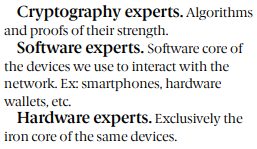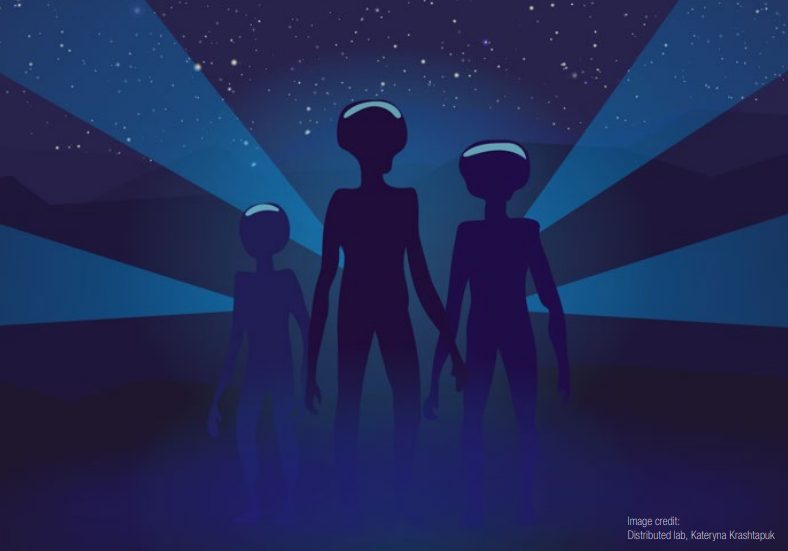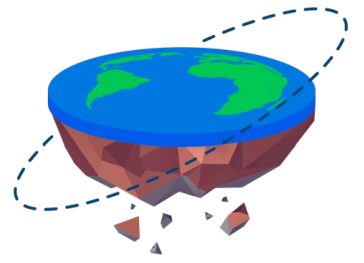By Pavel Kravchenko, Founder at Distributed Lab, for The Fintech Times.
Satoshi Nakamoto laid the foundation of a financial revolution – he combined what’s barely combinable: security, transparency and independence. The Bitcoin accounting system is open to everyone, but no one can steal someone else’s funds or do anything against the rules, because the parameter of trust between users is completely eliminated. It’s all achieved by the magic of maths.
But what if even the most decentralised and far-reaching blockchain-based system, which is Bitcoin today, initially relied on trust relationships between people? To explain, let’s dream up an unconventional example.
Say there was an alien invasion. Not the invasion you just pictured to yourself, the one from the movies, quite the opposite – the aliens turn out to be cool folk and want nothing to do with enslaving people. They discover Bitcoin and get so excited at the idea of a digital, independent human-people currency, they copy its initial code, establish a superfast communication channel between Earth and their planet and fly away.
Alien scientists immediately catch on to the technology. They synchronise with the Earth’s network, create their own mining equipment and put it into production.
Little by little, they start proposing some rather intelligent network updates that significantly improve the capacity, security and privacy of Bitcoin. Initially, Earth’s scientists are able to understand the alien mathematics and prove its trustability. However, each new update is hundreds, and then thousands of times more advanced than the previous one and, very quickly, even the most complex of Earth’s mathematics can no longer explain what’s behind the improvements. The moral of the story is…
out the underlying of changes in Bitcoin, all they can do is simply trust the aliens, which doesn’t sound like a good option. But if you expand this idea, you’ll come to a conclusion that regular people (not the developers who can, themselves, verify the correctness of Bitcoin upgrades) are in the same position as the most brainy scientists on Earth, who are unable to make sure that the network is secure, so the only thing they can do is TRUST.
It’s obvious that if the alien situation really happened, people would leave Bitcoin behind, because we do not trust aliens. However, we do trust each other, and this is specifically the reason why Bitcoin is alive and well.
People trust people is the basis of our ‘trustless’ relationships in Bitcoin.
Hierarchy of competency
If we look at the overall situation, we’ll see that regular people are at the very bottom of the hierarchy. Above them are IT specialists, who are competent enough to verify the quality of the product and grant it to end-users in the form of certain services. At the top, there are three groups of experts who participate in the development of integral components, which are necessary for Bitcoin operation:  Usually, groups of these experts don’t even interact with each other, meaning that the trust factor exists even at the peak of the hierarchy. Each group of experts is usually only competent in their own field.
Usually, groups of these experts don’t even interact with each other, meaning that the trust factor exists even at the peak of the hierarchy. Each group of experts is usually only competent in their own field.
As for the end users, they have to entirely trust the opinion of experts, or friends of experts, or friends of friends of experts… So, in order to join the trustless environment where confidence is guaranteed by mathematics, you should first trust those who’ve built this mathematics and all the companion software and hardware that lets you interact with it.
We trust Bitcoin for the same reason we know the Earth is round 
We believe that the Earth is round because of one objective argument: It’s a well-known fact, proven by many science experts. In reality, these are people we don’t even know. So, if you cast this argument away, there’s practically no way you can prove that the Earth is not flat.
This leads to the idea that even evidencebased science requires trust, while the provability can only be reached by means of scientific consensus. Obviously, this process excludes regular people. So, however standardised the process of research practice is, there’s always the matter of trust beyond it.
You wouldn’t believe an alien who flew over to Earth and said that it revolves around the Sun because, from your point of view, the Sun is revolving around the Earth. Still, we trust our scientists who claim that this is the case.
Imagine you suggested your mother kept all of her savings in Bitcoin and she agreed. Who do you think she trusts: Satoshi Nakamoto, Bitcoin core developers or you? The answer is obvious.
So, it is more proper to consider Bitcoin from the perspective of a social consensus, the result of which is backed up by mathematics. The consensus can only be reached among people who trust and understand each other.




